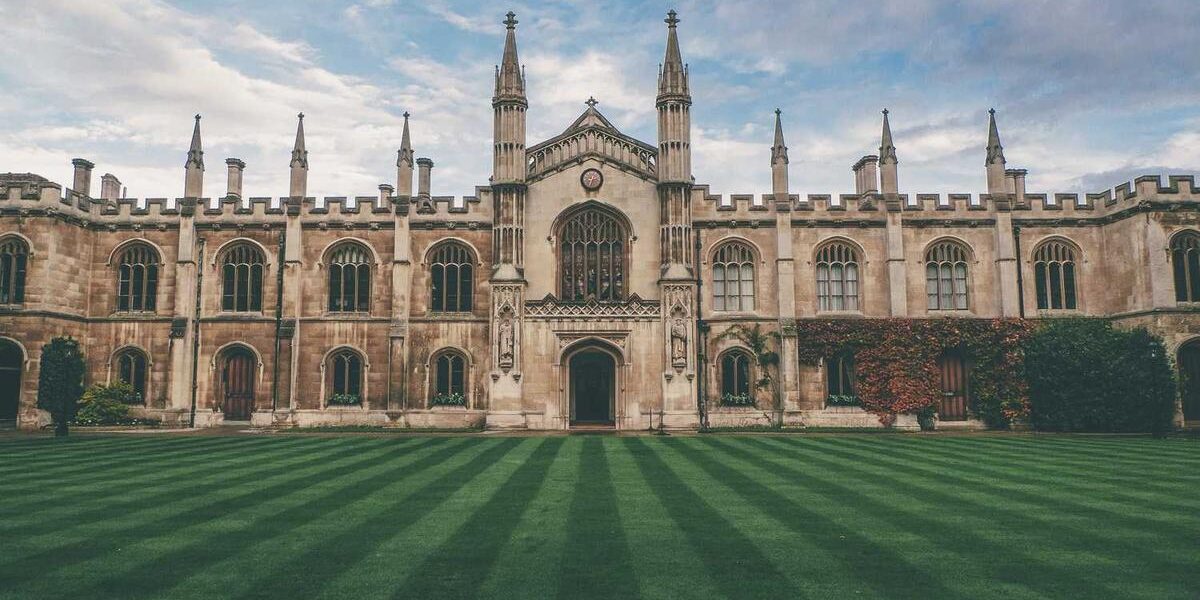Buying a Mountain Bike: What I Wish I Knew Before My First One
Mountain bike buying has gotten complicated with all the marketing noise flying around. As someone who bought my first bike based on a “best mountain bikes” list online, I learned everything there is to know the hard way – including wasting $800 figuring out what I actually wanted.
Here’s what to actually think about before buying.
What Kind of Riding?
Probably should have led with this section, honestly. This question matters more than brand or price. Different mountain bikes do very different things.
Cross-country (XC): Light, fast, built for fitness and racing. Climbs well, descends okay. If you want exercise on smooth trails, this is it.
Trail: The all-rounder. Climbs reasonably, descends well, handles most terrain. This is what most people actually want.
Enduro: Built for gnarly descents with enough capability to climb back up. More suspension, heavier. For steep, rocky, technical stuff.
Downhill: Pure gravity. Massive suspension, heavy frame. You take a lift up and ride down. Not for pedaling anywhere.
If you’re not sure, trail bike. It does 80% of everything well enough.
Hardtail or Full Suspension?
Hardtails have suspension only in the fork. They’re lighter, cheaper, and force you to learn proper technique. Nothing hides your mistakes.
Full suspension smooths out rough terrain and is more forgiving on descents. Also more expensive and requires more maintenance.
For your first bike, I’d actually recommend a hardtail. You’ll learn more, spend less, and can upgrade later when you know what you actually want.
Wheel Size Reality
29-inch wheels roll over obstacles easier and maintain speed. They feel stable but less agile.
27.5-inch wheels are snappier and easier to maneuver. Slightly less rollover capability.
Both work. The industry has largely moved to 29ers, especially for trail bikes. Don’t overthink this – ride what feels good.
Frame Material
Aluminum: Most bikes under $2000 are aluminum. Stiff, light enough, affordable. Nothing wrong with it.
Carbon: Lighter and can be tuned for better ride quality. Also expensive and can crack in crashes. Worth it at higher budgets, but not necessary.
For a first bike, aluminum. Spend the carbon premium on better components instead.
Components That Matter
Brakes: Hydraulic disc brakes are standard now. They work in all conditions and have good stopping power. Check that pads are easy to replace.
Drivetrain: Modern mountain bikes use a single chainring up front. Shimano Deore or SRAM SX at minimum. Higher tiers shift smoother but the entry-level stuff works fine.
Dropper post: A seatpost that lowers with a lever. Game changer for technical descents. Many bikes include them now. If not, budget for adding one.
Brands Worth Looking At
Giant, Trek, and Specialized are the big three. Consistent quality, good warranties, dealers everywhere.
Canyon, YT, and Commencal sell direct online – better value but you can’t test ride first.
Used bikes can be great deals if you know what to look for. Frame damage and worn suspension are red flags.
What I’d Buy Today
If I was starting over with $1500: A trail hardtail with 29-inch wheels. Something like a Giant Fathom, Trek Roscoe, or Specialized Fuse.
With $2500-3000: Entry-level full suspension trail bike. The ride quality improvement is significant.
Under $1000: Used bike, carefully inspected. New bikes at this price cut too many corners.
Test Ride If Possible
That’s what makes mountain biking endearing to us trail riders – the connection between bike and terrain. Bike shops let you test ride. Do it. A bike that looks perfect on paper might feel wrong when you’re on it.
Pay attention to reach (how stretched out you feel), handlebar width, and general comfort. These matter more than specs.
If buying online, know the return policy. And get your fit dialed with a local shop afterward – usually $50-100 well spent.



Subscribe for Updates
Get the latest articles delivered to your inbox.
We respect your privacy. Unsubscribe anytime.